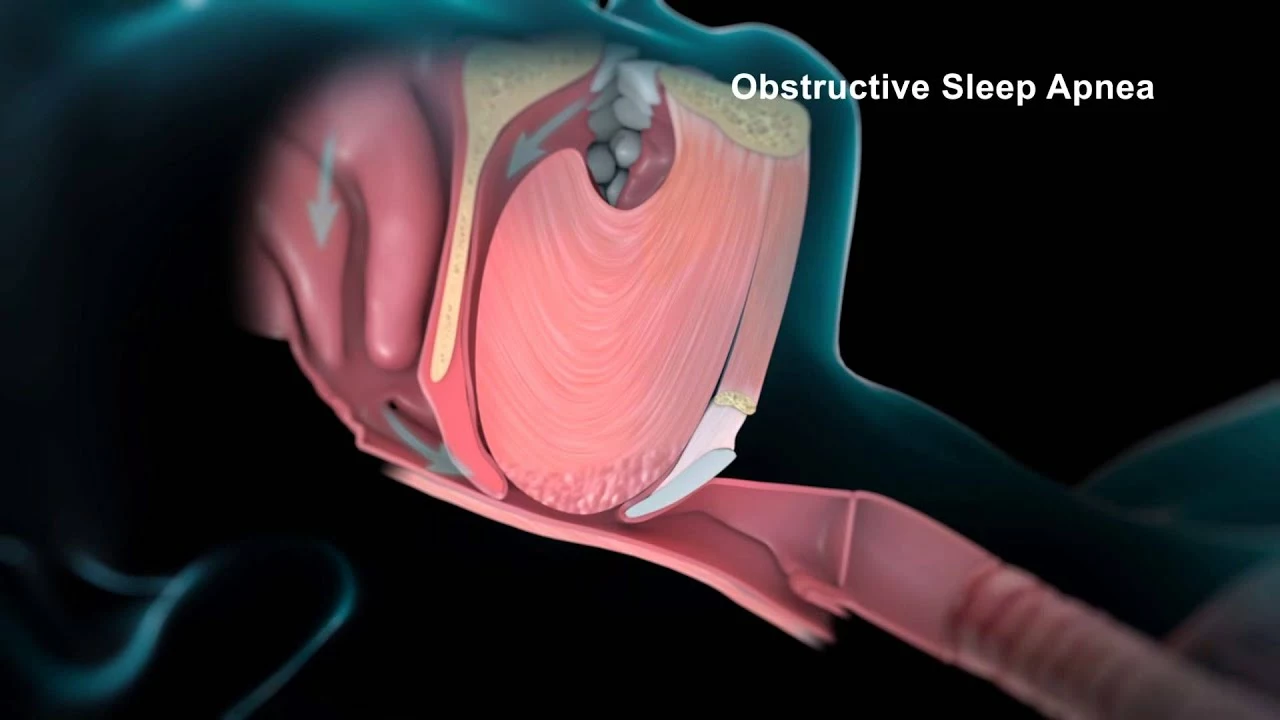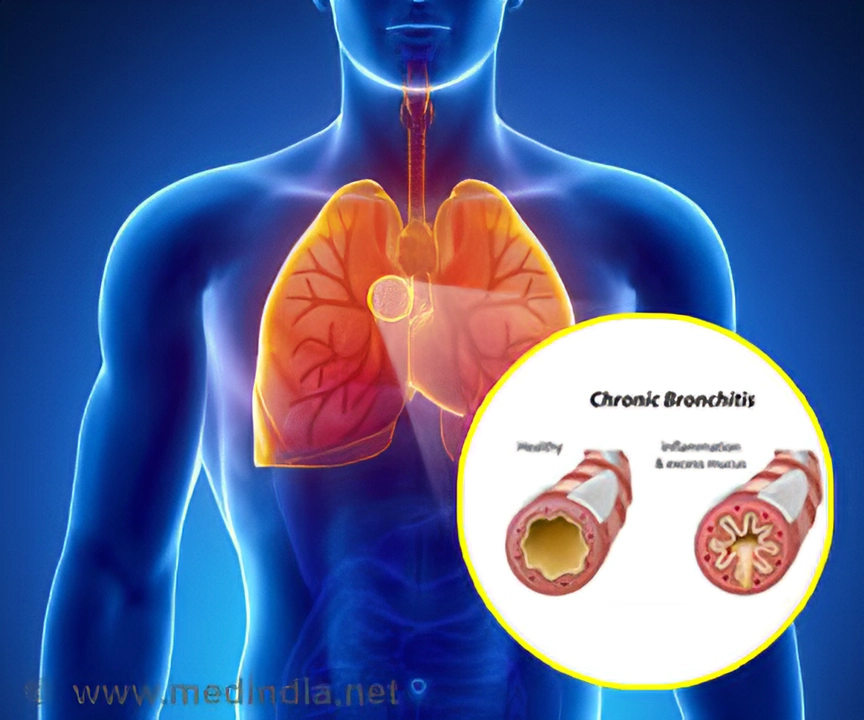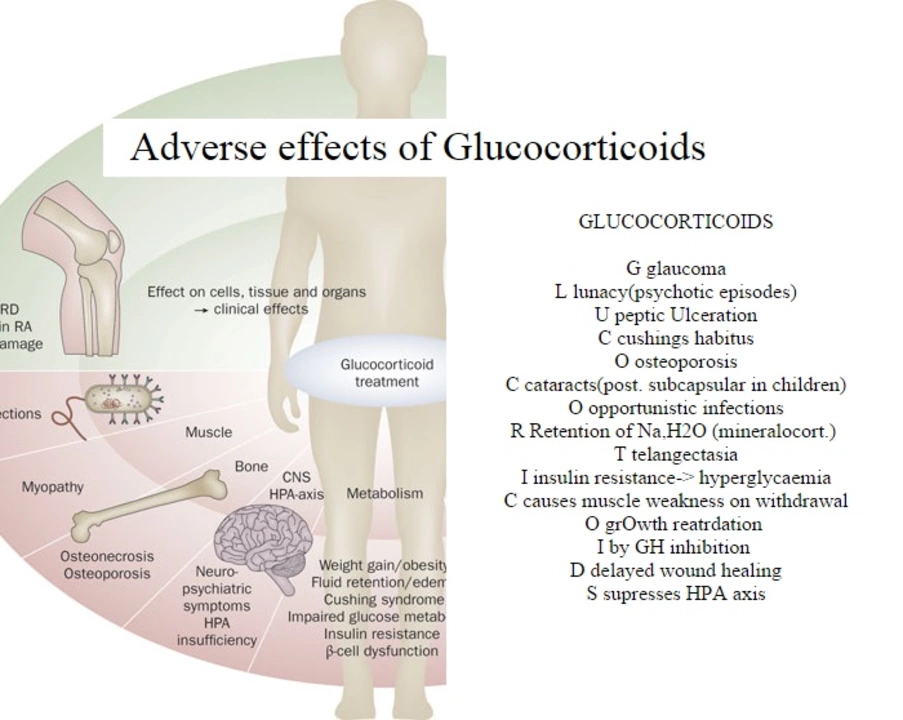April brought four focused posts that matter if you care about sleep, heart care, lung health, or medicines for kids
The month highlighted a surprising link between sleep apnea and blood clots forming in heart stents after procedures, based on recent clinical observations that repeated low-oxygen episodes can promote clotting. Another piece looked at estradiol and sleep, explaining how falling estrogen around menopause can disrupt sleep and how hormone therapy may help some people sleep better when managed by a doctor. We also reviewed research on aspirin for COPD, noting early signs that low-dose aspirin could reduce inflammation but stressing the need to balance possible benefits with bleeding risks. Finally, there was a clear, practical guide to carbamazepine for children, covering dosing caution, common side effects like dizziness and nausea, and the rare but serious risks that require blood tests and close medical follow-up.
These posts were practical and aimed to answer everyday patient and caregiver questions
The stent and sleep apnea report suggests clinicians should screen for sleep-disordered breathing in heart patients, especially when unexplained stent clotting occurs. If you or a family member uses a stent, ask your cardiologist about sleep studies and whether CPAP therapy could lower complications. On estradiol, readers learned that timing matters—women experiencing hot flashes and insomnia linked to hormonal shifts may get measurable sleep improvement from properly prescribed estradiol therapy, but discussion of risks and tailoring dose is essential.
When it comes to aspirin and COPD, the message is cautious optimism. Early studies show reduced markers of inflammation in some users, but large trials are missing and aspirin increases bleeding risk, especially if combined with other blood thinners. Talk to your pulmonologist before starting or stopping aspirin. For parents considering carbamazepine, the guide stresses steady monitoring: start at the lowest effective dose, watch for behavioral changes or allergic rashes, and get regular blood counts and liver checks.
Want a quick recap
At 247-healthstore.com we aim to translate medical findings into actionable steps you can bring to your next appointment. Each April post links to sources and practical tips so you can ask focused questions and avoid unnecessary risks. Screen for sleep apnea after stent procedures, discuss estradiol for menopausal sleep issues, weigh aspirin risks for COPD with your doctor, and use carbamazepine in kids only under careful medical supervision. If any topic affects you directly, print the relevant post or save the summary to share with your healthcare provider.
Want practical next steps? Start by printing the post that applies to you, note three questions, bring them to your appointment, and ask about tests or alternative therapies. For sleep issues mention snoring, daytime sleepiness, and whether you wake gasping. For stent-related concerns, ask about anti-platelet plans and whether sleep apnea screening is appropriate. For COPD, list medications and bleeding history before talking about aspirin. For children's meds, take a medication sheet to appointments and ask about monitoring schedules.
Bookmark these posts for quick reference and check back for follow-up updates and new studies regularly.




